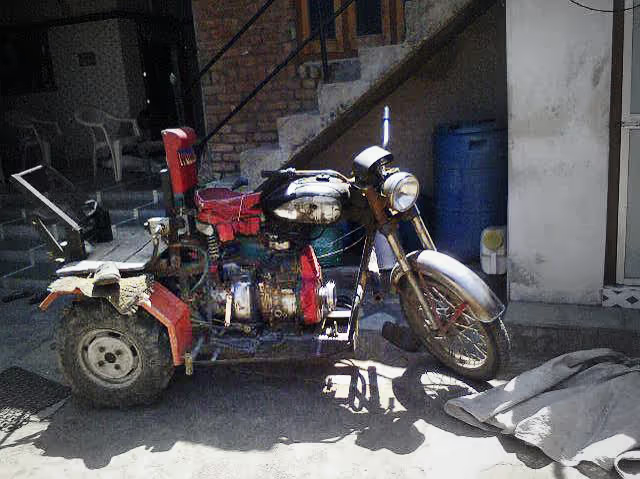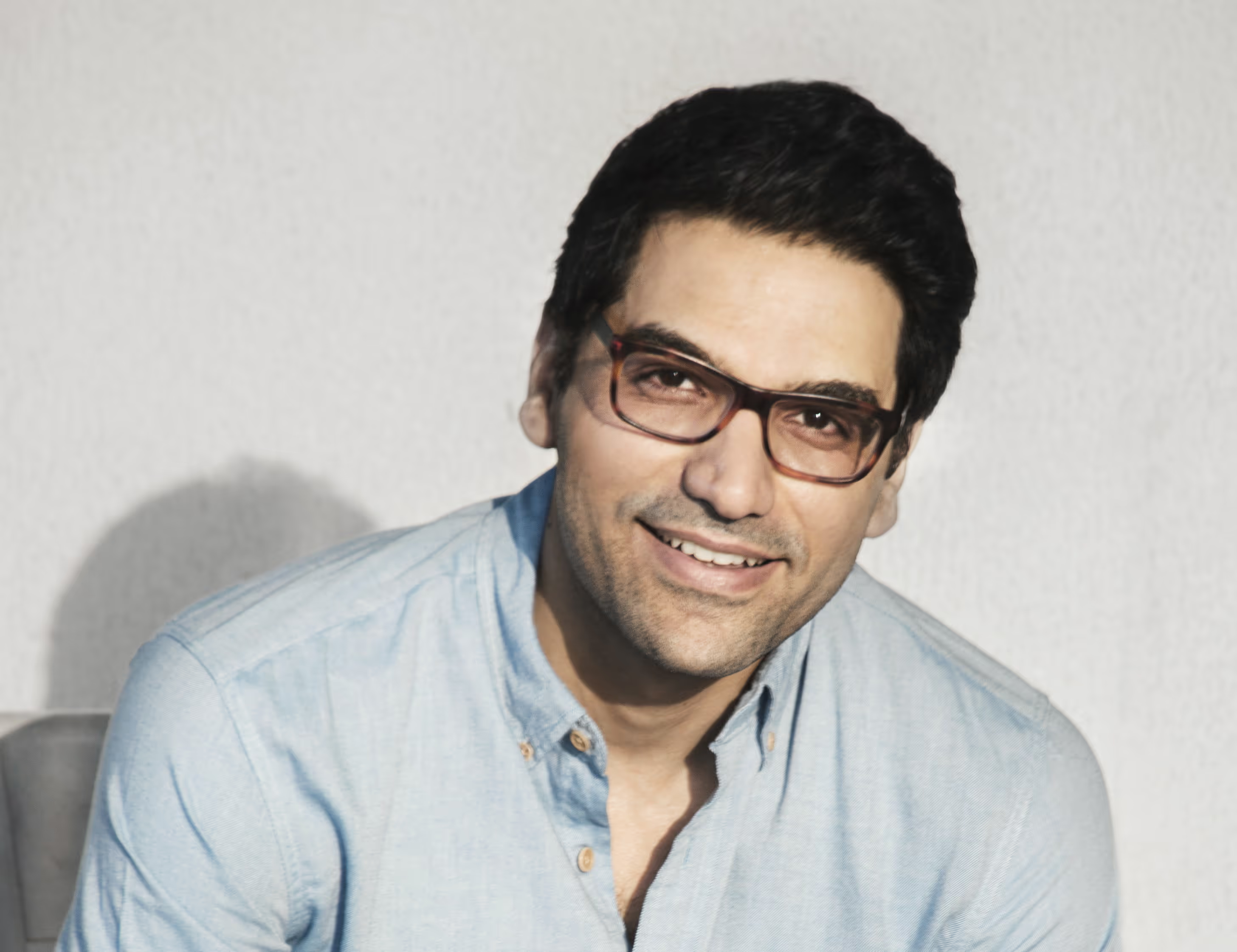Listen now
Starting up
Pranay spent some time in the US in the early 2000s where he stumbled upon an online classifieds site called Craigslist. He saw the potential in the platform and was inspired to start something similar for his home market. At the time, India had no online classifieds platform that served the consumer-to-consumer segment, and there was no place to buy or sell household or personal items. Today, Quikr has listings in over 900 cities in India in categories such as mobile phones, household goods, cars, real estate, jobs, services, and education.
PC: Quikr was a pretty rudimentary service in the beginning and we didn’t spend much time on user segmentation. We just wanted it to work for consumer-to-consumer transactions broadly. Our users were basically people who had access to and could use the internet. Over time, the platform has evolved as internet usage in India has evolved. Now people look for a good user experience and prefer quality over quantity.
Building a business for the Indian masses
Even though the journey for Quikr was long, Pranay has managed to build a widely successful company. With many lessons learned along the way, he summarizes the most important ones: being open-minded and flexible is critical, speed is essential, and it is important to stay intellectually honest as you grow, staying true to your roots, even when you become a big company.
If you manage to stay intellectually honest and humble even when you’ve had a lot of success, you can maintain the agility of a smaller company as you grow, retaining the ability to move fast and keep learning.
PC: Things seldom go according to plan, so staying open and flexible is essential. You need to be prepared to live with constant change. It’s also far better to be fast and wrong rather than trying to be slow so that you can be right; time is one of the most valuable currencies in this business. If you manage to stay intellectually honest and humble even when you’ve had a lot of success, you can maintain the agility of a smaller company as you grow, retaining the ability to move fast and keep learning.
India's massive market is unlike any other in the world. There are several sub-markets based on varying languages, income levels, education, culture, and more within the country. Pranay's advice for anyone trying to build a company in India is to approach each market with fresh eyes rather than perceiving it as a homogeneous one where one size fits all. He advises Indian startups to decentralize decision-making to the point where decisions can be taken inside the Indian market.
PC: I remember this fun anecdote from when people first discovered Quikr in India. We had done a marketing campaign with a very strong Indian flavor, which people ended up loving. Although we are an online platform, we didn’t ask people to check out quikr.com. Instead, we played on something very typical that Indians do all the time, we asked them to give us a ‘missed calls’ so we could post an ad on their behalf! It used to be expensive to place a call in India, so many people got into the habit of calling someone and hanging up before the other person answered. That way, you could get a message across to someone without spending a rupee. For example, taxi drivers do it all the time to say that they have arrived at the door. This proved to be something that really resonated with people across India.

The future and circular economy
Quikr advances the local circular economy and encourages people to engage in consumer-to-consumer transactions.
PC: There are so many people living here and the resources don’t always match up with the needs of everyone. We see people using Quikr, not only for environmental reasons but for economic reasons. Reusing, recycling, and rebuilding come very naturally here, where things are often used until they are completely worn out. For example, in Punjab, a state with many farmers, I regularly see people buying used motorbikes. Once they’re finished as motorbikes, they rebuild them into other things, such as small machine-driven ploughs to use on their fields. India has had a strong circular economy for a long time, and most people here know that our high consumption rate and the way we treat natural resources globally are not good. I think it’s encouraging to see the West waking up and embracing circularity more and more. Even at Quikr, we have furnished our offices with things we have found on Quikr. This is not even something we have done very deliberately but is more about it just being a natural way of living here. Even our headquarters in Bangalore is in a recycled building, an old factory that we converted into an office.
PC: I see a shift where people here want to lead more environmentally friendly lives, and tackle some of the big challenges, like pollution, that affect our every day so much. I also think the age of fossil fuels will come to an end, and that India will likely leapfrog the rest of the world in the adoption of electric vehicles, the conversion to more natural farming, and consuming in a circular fashion. People are becoming more aware of the consequences of our current lifestyle, and I am proud to have built Quikr, a platform that very directly helps people develop a sustainable life.
I think the age of fossil fuels will come to an end, and that India will likely leapfrog the rest of the world in the adoption of electric vehicles.

.svg)






.svg)






